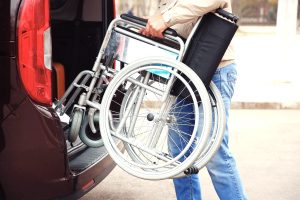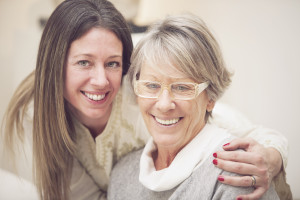 The parent/child relationship is a complex one, and often becomes more so as the parent ages and the caregiver roles are reversed. It’s not easy to support a parent who is going through this experience. And it’s even harder when they consistently refuse help.
The parent/child relationship is a complex one, and often becomes more so as the parent ages and the caregiver roles are reversed. It’s not easy to support a parent who is going through this experience. And it’s even harder when they consistently refuse help.
When trying to persuade an elderly loved one to accept help — either from you or from a professional caregiver — you’ve probably found that navigating personalities, anxiety, shame, frustration, and plain old stubbornness can be exhausting and highly stressful.
However, there are steps you can take to negotiate a care plan that works for both you and your loved one.
 Connecticut Estate Planning Attorneys Blog
Connecticut Estate Planning Attorneys Blog











